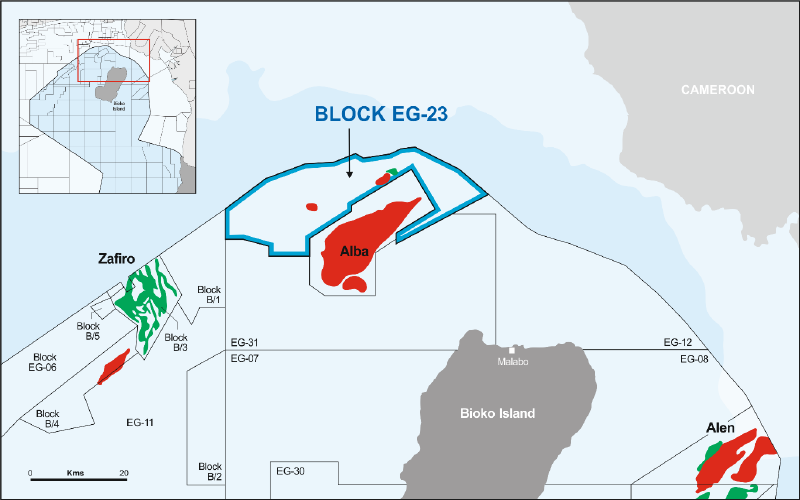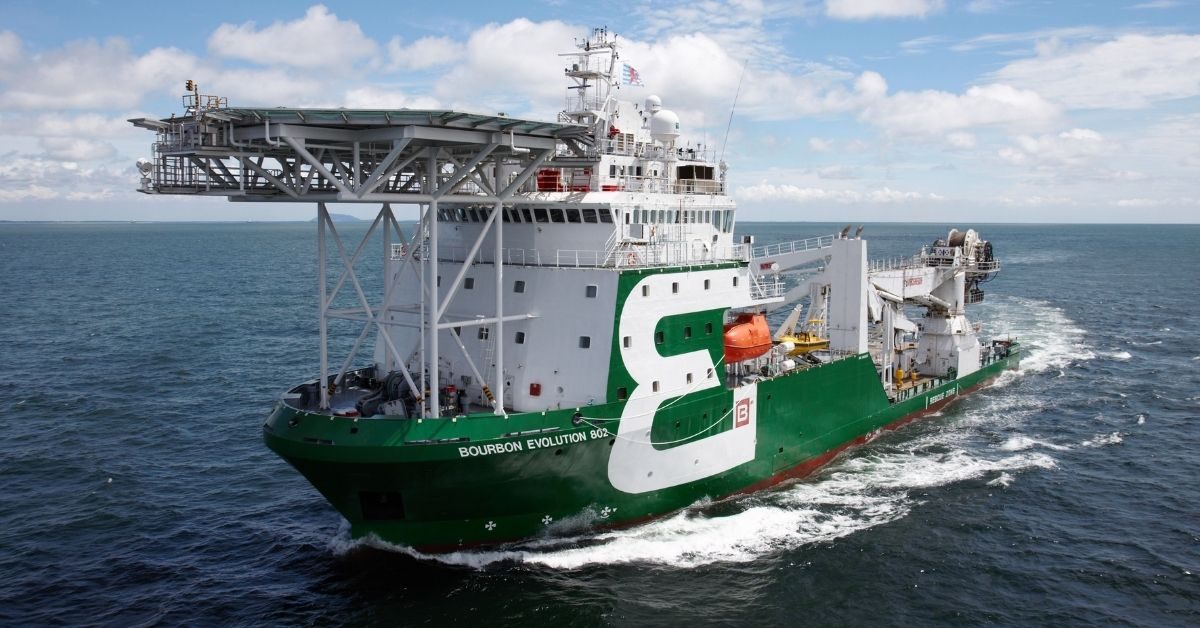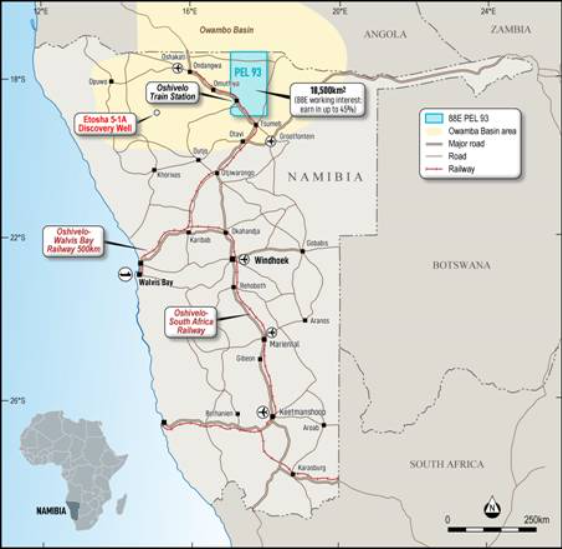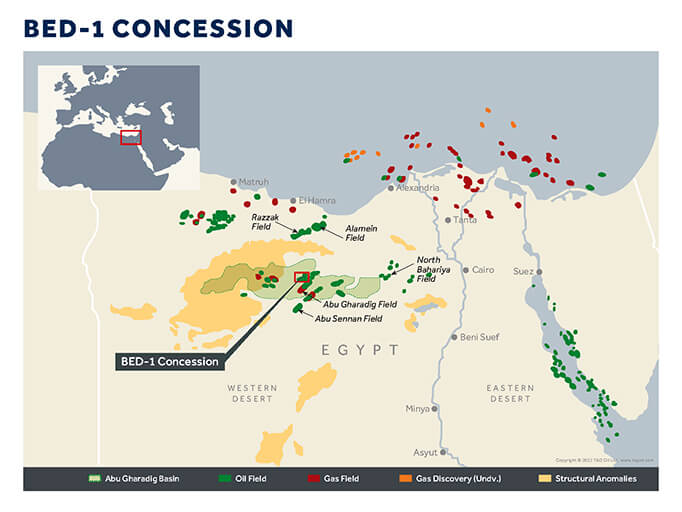Now is the Time for Africa to Fully Develop and Harness its Natural Gas Potential
The African Energy Chamber is set to release its Africa Energy Outlook for 2021. This edition follows a successful initial launch of the series with the 2020 outlook report released in October last year.
As the discussions around the energy transition and the impact of carbon emissions on the global energy industry continue, it is apparent that abundant resources unlocked by shale and the pressure on oil demand have placed African petroleum producers in a tough position. Our energy markets have to make the call on whether they adapt to the global transition or become uncompetitive.
It goes without saying that COVID-19 has had a heavy hand in accelerating this underlying pressure by causing unprecedented havoc on the global energy market.
Determined to examine the impacts of the pandemic and the low oil price, the Chamber’s 2021 outlook, through comprehensive research and analysis, inspects the current status of oil, gas and power sector projects and how they can best prepare for a strong rebound.
Expanding on topics such as the energy transition, African resources competitiveness, expenditure investment, impacts on the employment sector and oil & gas commodities, the report is also supporting the Chamber’s mission to promote gas developments for fast and steady collective growth on the continent.
“We are excited to once again present this document to industry,” said NJ Ayuk, Executive Chairman of the African Energy Chamber. “We have worked extremely hard to ensure that we provide a clear picture of what the energy sector can expect in 2021. Our in-depth report is backed by detailed research that not merely touches the surface by presenting the problem but rather, dives deep into how the current challenges can be addressed and what the next first steps are,” he added.
In an effort to be forward-looking the report also recognizes that there have been ongoing issues in project delays in Africa, outside of the pandemic and low oil price. Namely, the Chamber acknowledges that the following can remedy the short-term and have lasting impacts:
– Applying more competitive fiscal regimes can help unlock 4.4 billion barrels of liquids and $100 billion of additional investments.
– Curbing flaring will help improve the carbon emission profile of African petroleum production that is current bottom tier among other continents. Flaring must be curbed by using the gas for domestic purposes or exports to global markets and thereby utilize the natural resources more productively, but also improve efficiency.
– Reducing lead time as higher risk premiums are put on long cycle projects versus short cycle projects.
This year in particular has more than ever shown the strong position the Chamber stands to play within Africa’s energy sector. With this, we have been extremely vocal about encouraging African producers and local companies to utilize this time to their advantage, whether that be they re-strategize on project approaches or rework key frameworks in order to increase their investment drives.











